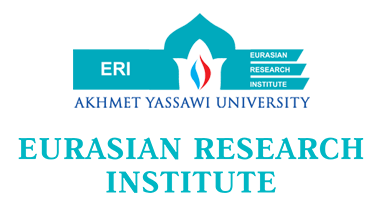Page 27 of 98
The International Relations System after COVID-19
Different main actors have come to the forefront with the change of the international relations system many times since the Westphalian order (1648), which is considered as the beginning of the international relations system. With the system change, the basic actors of the system have changed and the existing concepts […]
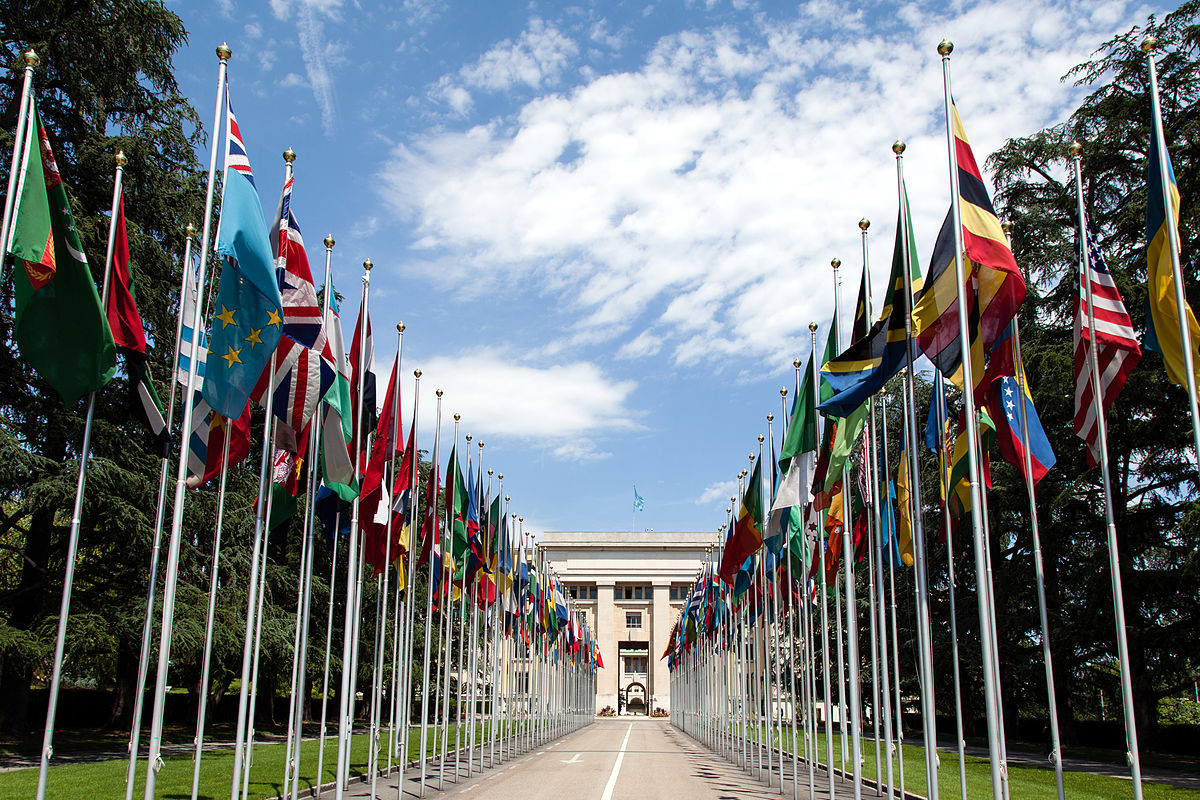
Tags: International Relations
June 7, 2021
Revitalization of the Silk Road and Possible Benefits for Kazakhstan
When we compare our age with two thousand years ago, it can be easy to be fooled by the illusion of the superiority of modern civilization, technology, and communication. How-ever, despite the passage of a long time, one of the achievements of that period that surprised our imagination was the […]

Tags: Economy, History, Kazakhstan
June 4, 2021
New Opportunities in Turkestan’s Tourism
The tourism potential of Turkestan is directly related to the traditions of the region. It is possible to explain it with the cultural and historical artifacts that the city of Turkestan located on the Silk Road. It is obvious that these traditional values have a great influence on the touristic […]

Tags: Turkestan
May 27, 2021
Asya Avrupa No: 62
Asya Avrupa Dergisi’nin kıymetli okuyucuları, Hoca Ahmet Yesevi Üniversitesi’ne bağlı Avrasya Araştırma Enstitüsü tarafından aylık olarak çıkarılan Asya Avrupa Dergisi, 62. sayısına erişmiş bulunuyor. Dört dilde içerik barındıran dergimizin bu sayısında da, her zaman olduğu gibi, bölgemizin gündemi ve öncelikleri ile ilgili çok sayıda analizi ve bölgemizle ilgili güncel bilgiler […]
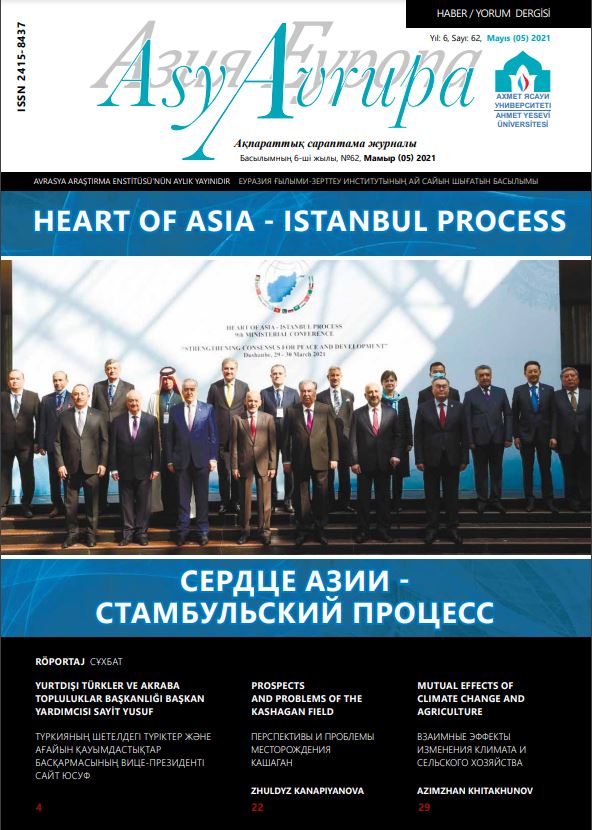
May 20, 2021
Relations between Kazakhstan and India: Discussion of Key Features
Based on the Declaration of Strategic Partnership from 2009, Kazakhstan and India had built a comprehensive dialogue, which experienced considerable dynamism during the last decade. In 2015, the visit of Prime Minister of Narendra Modi to Kazakhstan gave a further impulse to enhancing the existing ties, whilst the planned visit […]

Tags: India, International Relations, Kazakhstan
May 17, 2021
Enhancing the Capacity of the Korday-Ak Zhol Checkpoint: Implications for Bilateral Cooperation
On April 2, 2021, the major border checkpoint at Kazakh-Kyrgyz international boundary – the Korday-Ak Zhol was opened after renovation by Prime Minister of Kazakhstan Askar Mamin and Prime Minister of Kyrgyzstan Ulukbek Maripov. During the opening ceremony, which was part of the ninth meeting of the intergovernmental council, counterparts […]
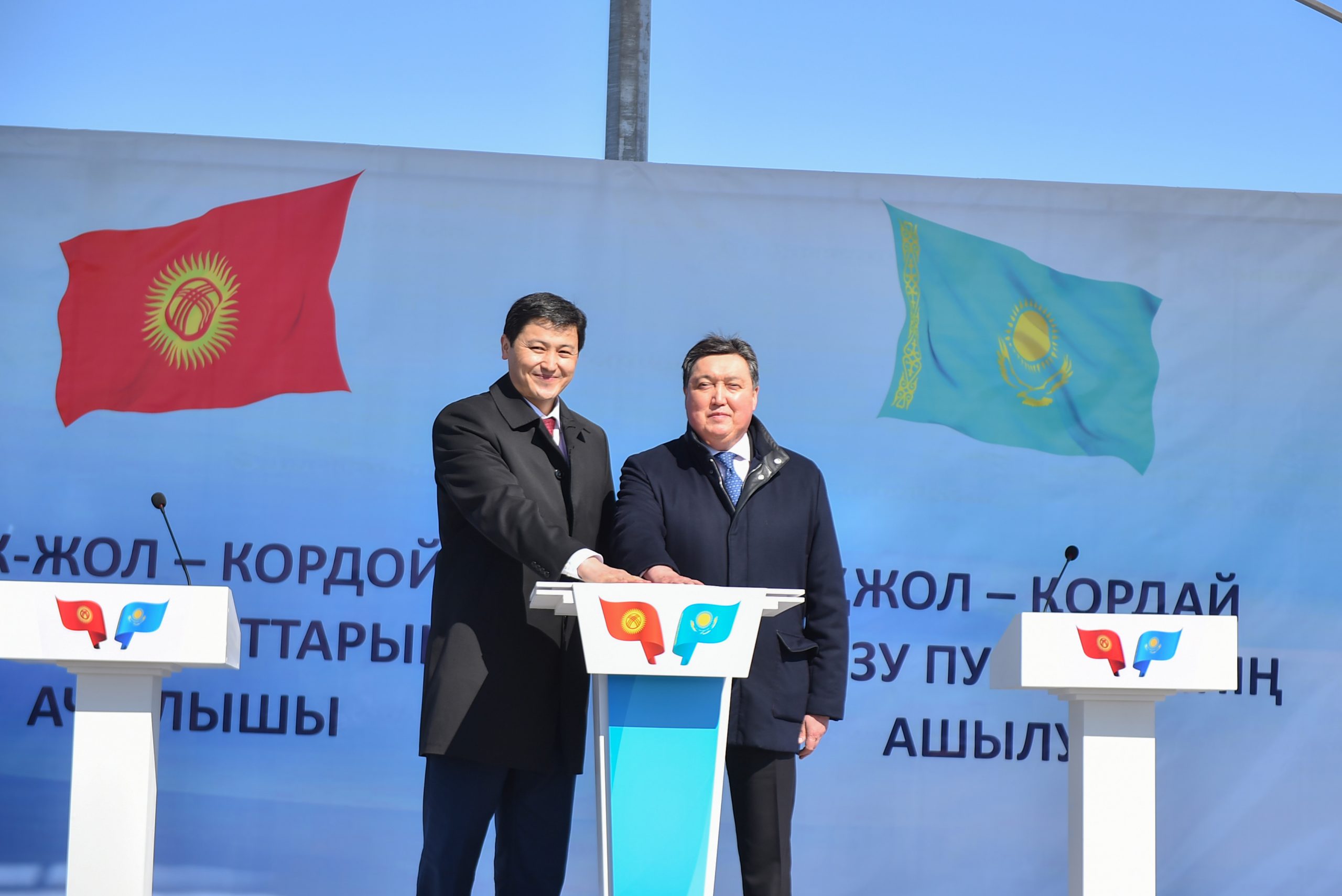
Tags: Foreign Policy, Kazakhstan, Kyrgyzstan
May 12, 2021
Mutual Effects of Climate Change and Agriculture
Climate change remains one of the most important challenges and threats for humanity. It has substantial economic costs. Greenhouse gas (GHG) emissions are externalities and represent the biggest market failure the world has seen [Stern, 2008]. Negative impacts of climate change vary across different sectors. Agriculture remains one of the […]
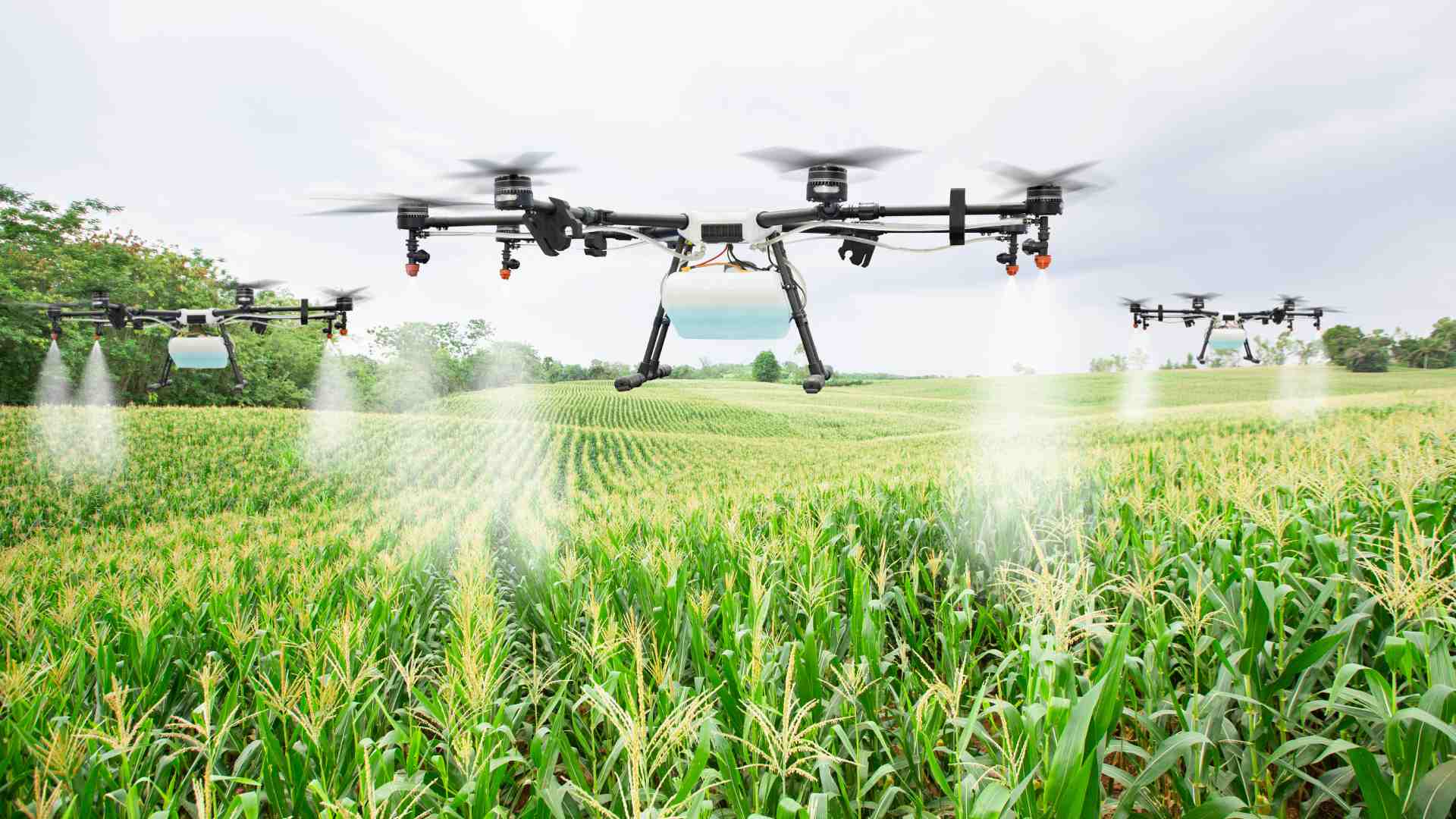
Tags: Environment
May 11, 2021
Prospects and Problems of the Kashagan Field
The Kashagan offshore oil and natural gas field is one of the largest and most operationally difficult field in the northern part of the Caspian Sea, which spans to an are of 75 kilometre (km) by 45 km, with 36.6 billion barrels of oil and 1 trillion cubic meters of […]
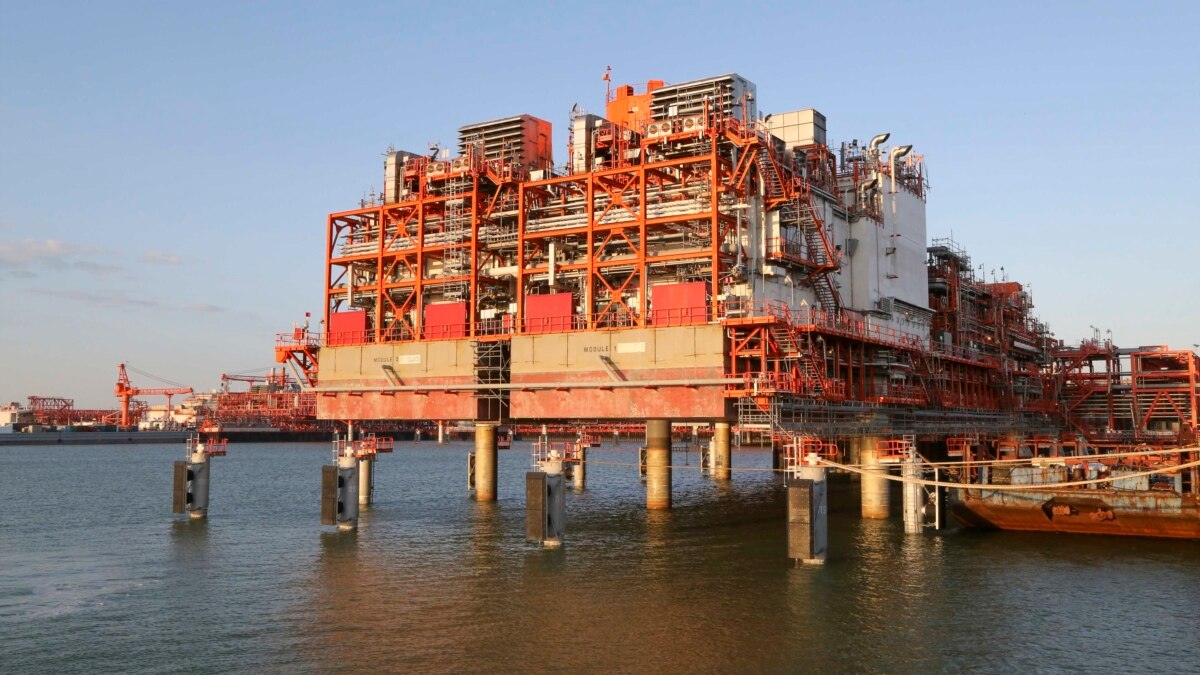
Tags: Energy, Kazakhstan
Kazakhstan Deals With the Impact of the Covid-19 Pandemic on Migration
Today, after more than a year since the declaration of global pandemic around mid-March 2020, we are finally able to contemplate its tremendous impact on all spheres of life, most of which could now be examined in a new light, as various local and global statistical data and analyses for […]
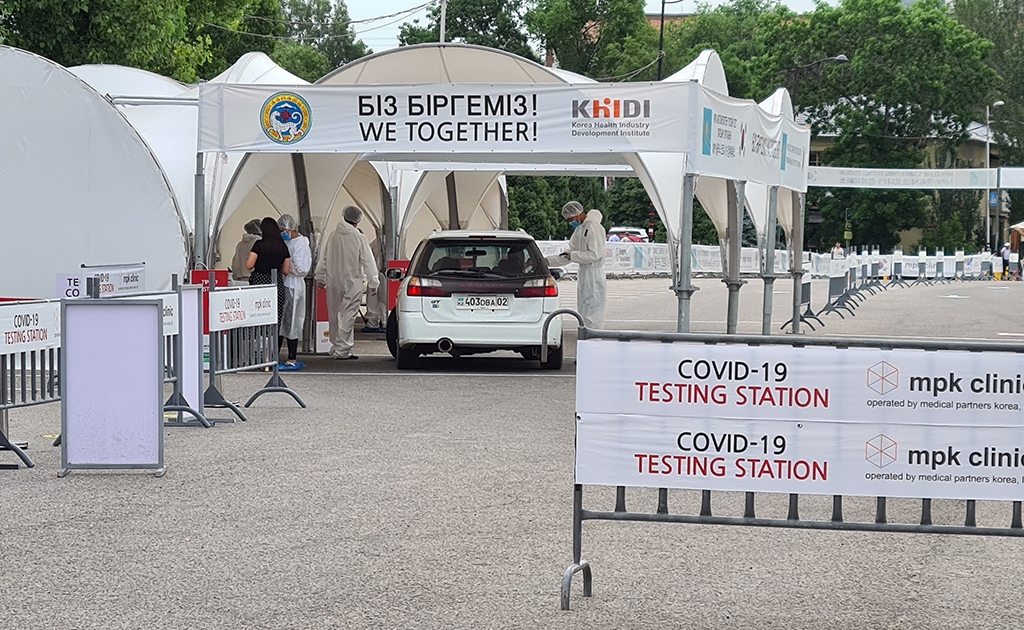
Tags: Kazakhstan
The Commonwealth of Independent States and Three Decades of Regional Cooperation in the Post-Soviet Space
December 2021 will mark 30 years since the Commonwealth of Independent States (CIS) was founded. The “Agreement Establishing the Commonwealth of Independent States” signed by the leaders of the Byelorussian SSR, the Russian SFSR, and the Ukrainian SSR on December 8, 1991, gave birth to the organization [Prlib.ru, 1991]. On […]
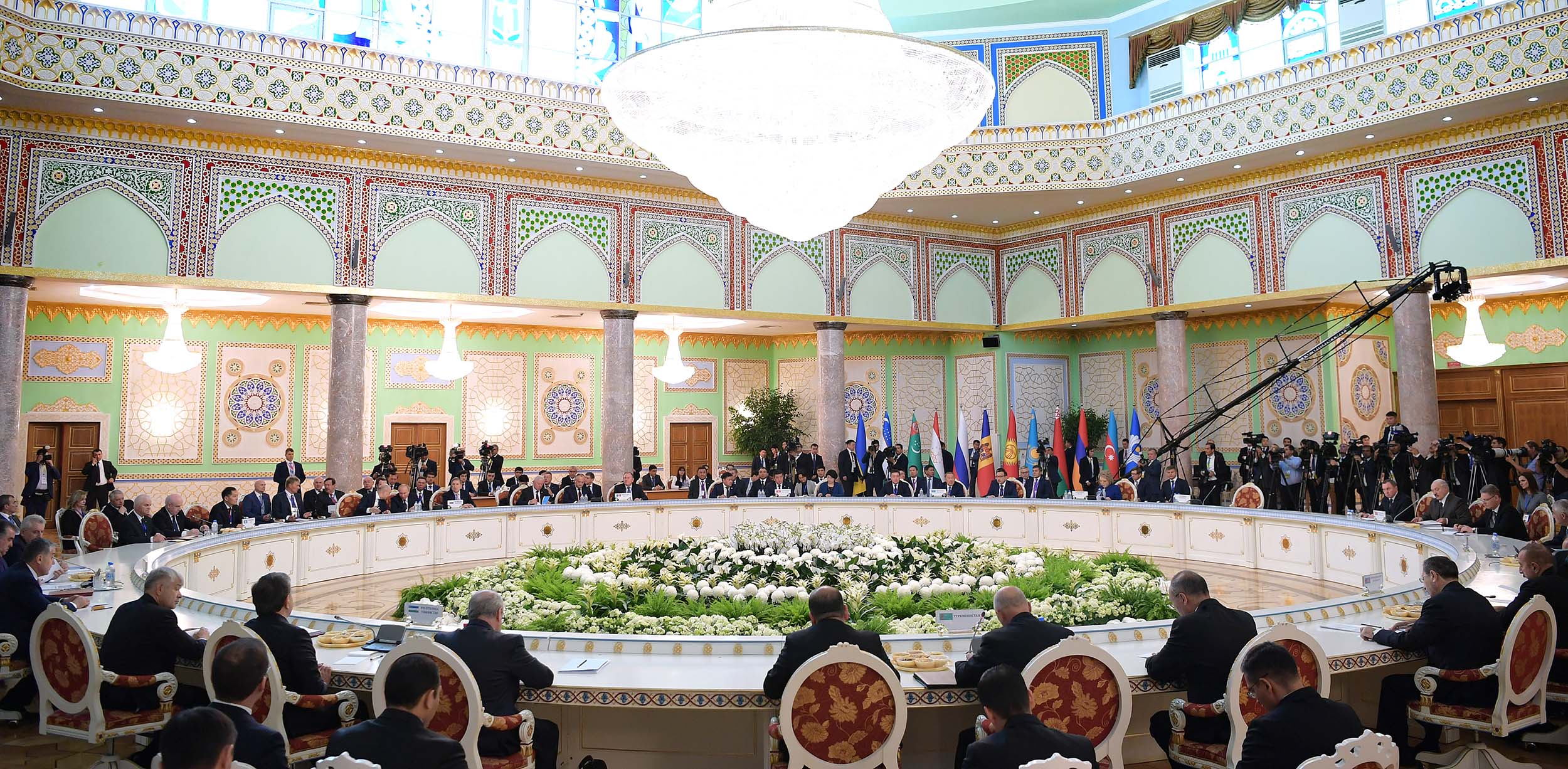
Tags: Foreign Policy, Kazakhstan
Page 27 of 98
